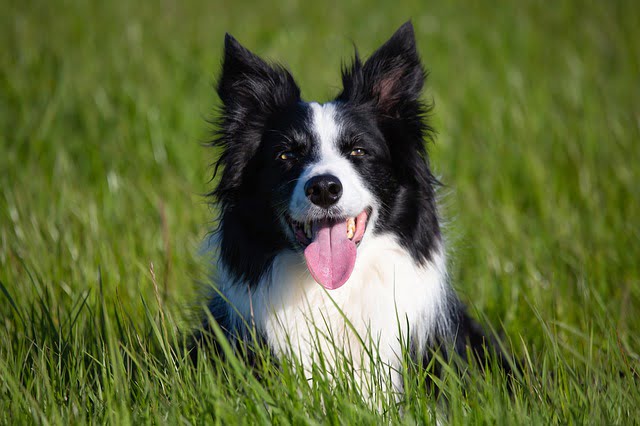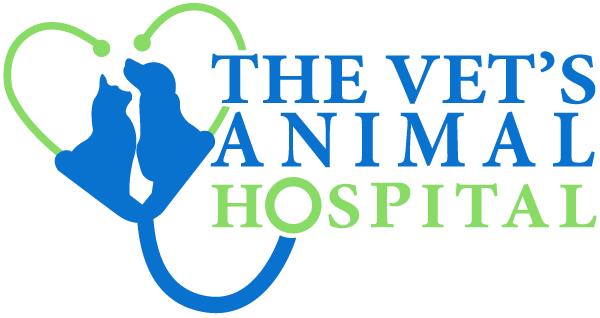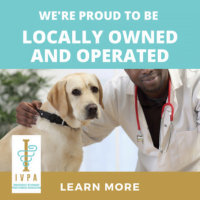
Pets rely on their owners to help them care for their teeth, gums, and overall health. Pet dental disease can be serious or even life-threatening if it gets progressively worse over time. Periodontal disease, sometimes referred to as simply “gum disease,” will affect most cats and dogs by the time they’re about 3 years of age. Dentistry is one of the tools that helps owners to stave off pet dental disease and keep their pets healthy and happy for years to come.
Why Pets Need Dental Care
Most dogs and cats are fed a diet of dry kibble for at least a portion of their lives, and this can lead to pet dental disease. Dogs and cats don’t have molars for their back teeth like humans do, so they can’t grind kibble up. Their back teeth will eventually start to wear out or become cracked or chipped. This can lead to the need for teeth to be extracted.
If a pet’s gums become infected in the early stages of pet dental disease, they can become swollen and red, or even start bleeding. If the problem gets bad enough, a pet might even start eating less. An infection in the gums can spread to other organs, such as the heart, lungs, kidneys or liver.
When you bring your pet here to the Vet’s Animal Hospital in Denver for a wellness checkup, the veterinarian will examine their teeth as part of the exam. If the vet spots signs of pet dental disease, a plan of action to treat it will be developed. This may involve at-home dental care, and the vet will likely recommend a dental cleaning.
A Pet Dental Cleaning
Professional dental cleaning for a dog or cat is very similar to the teeth cleaning that you’ve experienced at the dentist’s office. The main difference is that cats and dogs have to be put to sleep with anesthesia for their dental procedures. Our staff will scrape the tartar and plaque from your pet’s teeth and apply a fluoride treatment, which helps to re-mineralize the teeth, kills bacteria, and whitens the teeth somewhat.
While a pet is unconscious, the vet may perform a tooth extraction if a problem is discovered (since the pet is already under). Otherwise, most pet dental cleanings are fairly routine. Our staff will give you some instructions for at-home care after any dental procedure and can explain the process of brushing your pet’s teeth at home. The vet will also recommend the next time when your pet should have a teeth cleaning.


